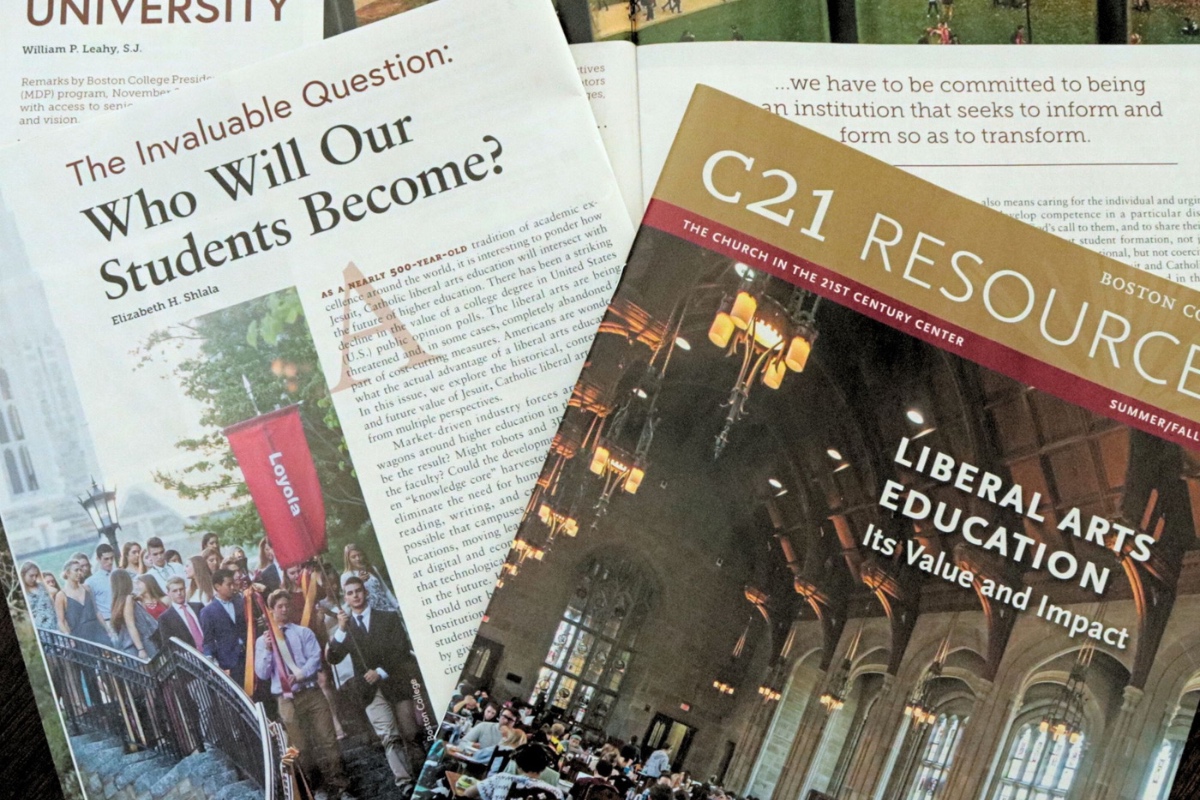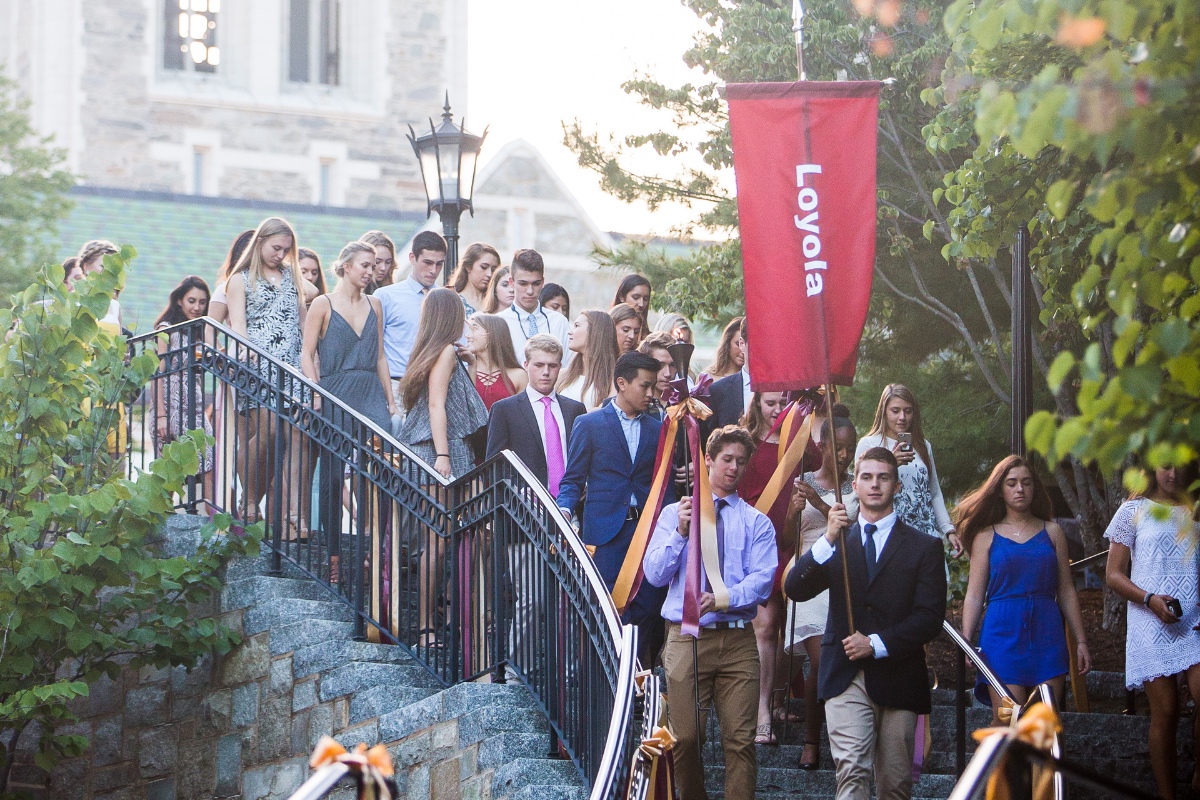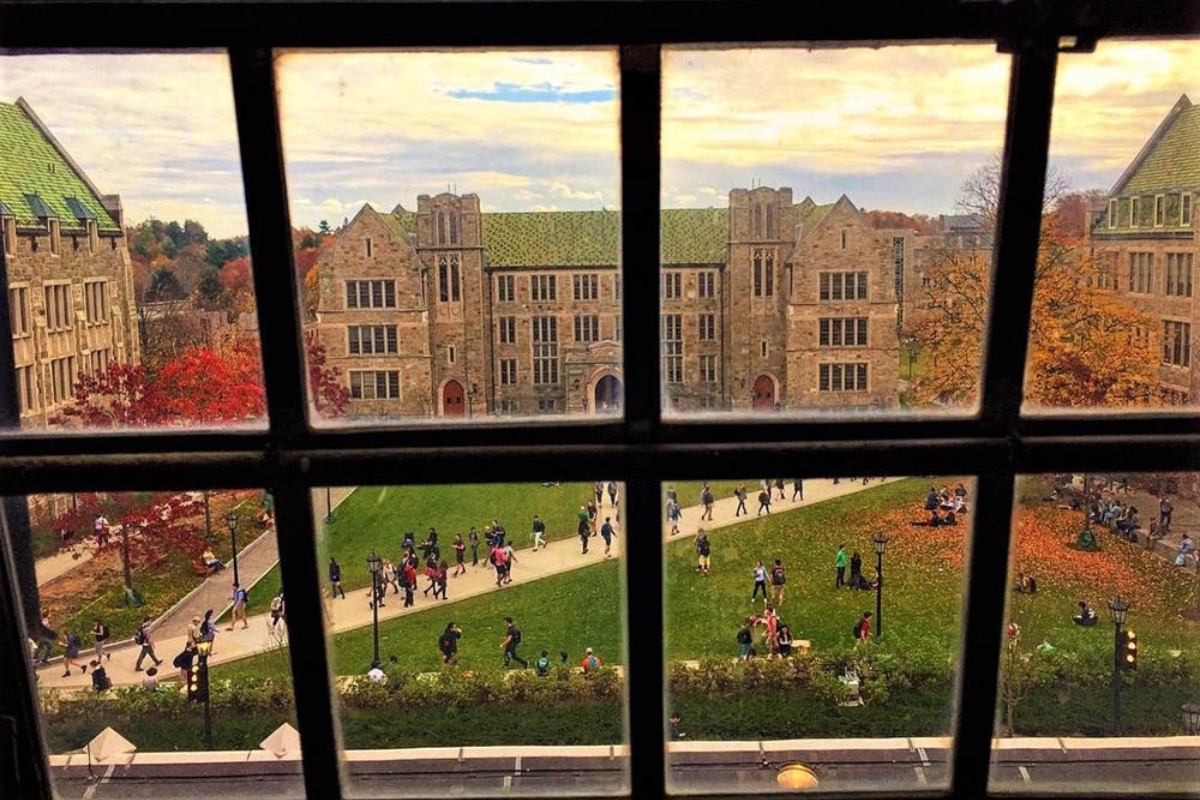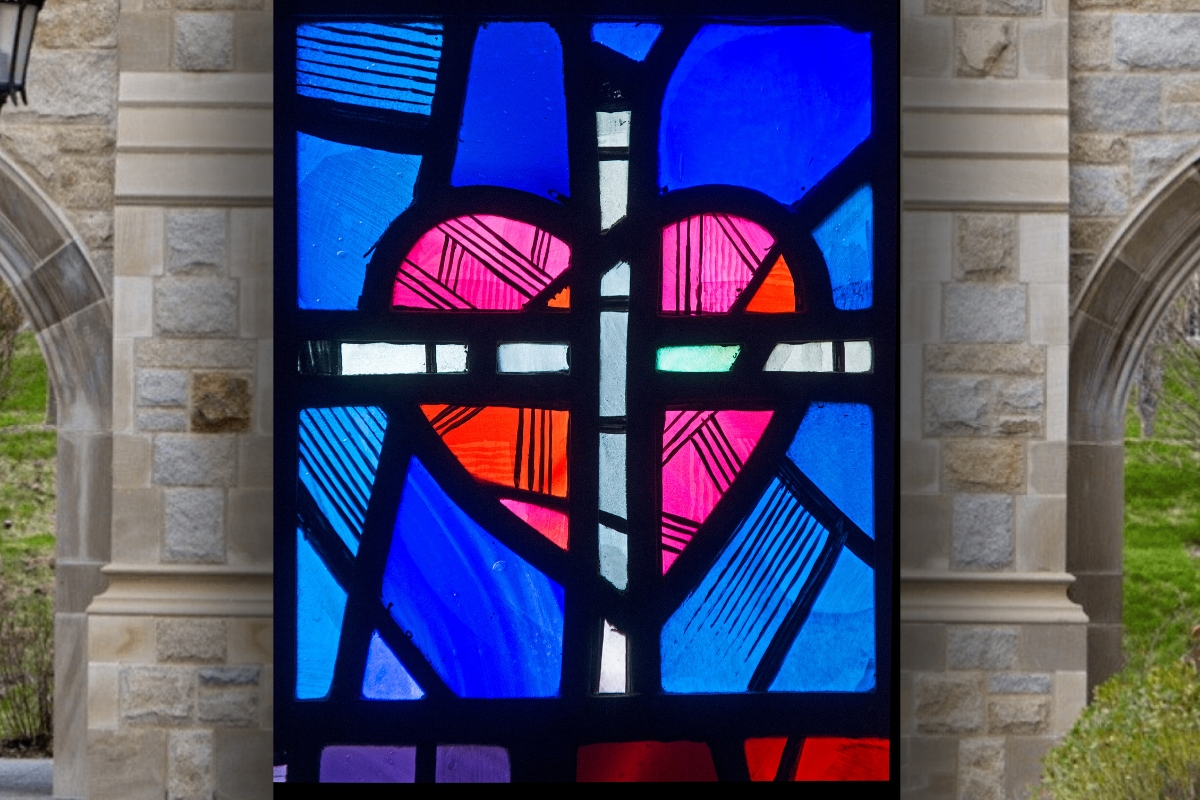For a Jesuit, Catholic university truly to be animated by engagement with the Catholic intellectual tradition, we need to find ways to sustain a college-wide intellectual culture in which faculty come to experience the engagement with the Catholic tradition as something more than a call to draw on a “vast repository” of truths and practices. Instead, we need to help faculty members experience engagement with the tradition as something exciting and dynamic; something that flows out of what John Courtney Murray described as “the excitement inherent in the free search of the mind” for truth and order, giving rise to a project that responds to “an inner need of the human spirit” itself.
For this to happen, we will need to find ways to foster conversation with faculty colleagues that will allow them to connect the tradition’s aspiration for wholeness with their own innate drive for catholicity as it manifests itself in their intellectual lives. John Haughey suggests that this sort of engagement with the tradition might begin by inviting faculty to reflect on the questions and desires that drive their own particular scholarly work. We might ask our colleagues questions like these: Describe the good you are attempting to achieve through your teaching, research, and service. What is it that you find compelling or life-giving about your pursuit of this particular research question? Do you have a dream, a hope, or a long-term project that you are seeking to implement in and through your discipline? Do you see your work as being a piece within a larger whole? Does your faith play a role in your work, and if so, how concretely is your faith connected to your work?
This sort of questioning might open up a conversation that seeks to move beyond narrow disciplinary isolation to make connections leading to a deeper understanding of the human person and a more comprehensive realization of the common good. Such a conversation might be open to the in-breaking wholeness and fullness of life that the tradition calls “the reign of God.” We need, therefore, to try to engage faculty colleagues in conversations that invite reflection on the ways they search for meaning or coherence or truth, in whatever their discipline might be. As Michael Buckley puts it, “inchoately religious....The intellectual dynamism inherent in all inquiry initiates processes or habits of questioning that—if not inhibited—inevitably bear upon the ultimate questions that engage religion.”
“Questioning might open up a conversation that seeks to move beyond narrow disciplinary isolation to make connections leading to a deeper understanding of the human person and a more comprehensive realization of the common good.”
Rather than understanding the Catholic intellectual tradition simply as a collection of texts or a body of teaching that scholars must master in order to participate fully in the life of the tradition, I hope that I’ve been able to suggest why we might better describe the tradition itself as a conversation in which the participants are open to the sort of uninhibited process of questioning that leads across disciplinary boundaries with an openness to questions of ultimacy, a conversation in which all are invited to participate as a leaven for their scholarly lives.
The Catholic intellectual tradition as I’ve tried to describe it is a dynamic conversation extended over time with a highly diverse range of participants: it is an ongoing conversation made of variant strands, multiple voices, and a range of positions. In the words of Frederick Bauerschmidt, “it would seem that the fostering of the Catholic intellectual tradition not only allows for, but even requires, truth to be sought wherever it might be found, in authors who hold the Christian faith, or another faith, or perhaps no faith at all.” For the conversation that is the tradition to be “a living and self-reflective conversation,” it must be open both to “the inclusion of disturbing voices” and to conflict among the voices engaged in the conversation. The desire for truth that lies at the heart of the tradition demands that all assertions of truth, meaning, and purpose be tested by the best evidence against them—evidence that may be presented by anyone, of any or no religious tradition, who is engaged in serious inquiry.
The tradition understood in this way has what John Courtney Murray called “a growing edge”: a capacity for continuity and change, allowing it to develop in new ways even as it retains its firm roots in the foundational Catholic worldview. In the life of a Jesuit, Catholic university that is alive to the Catholic intellectual tradition, wisdom accumulated in the past is handed on, criticized, reworked, and re-appropriated in response to new questions prompted by new experiences, new evidence, new arguments, and new conversations with new conversation partners.
Gregory A. Kalscheur, S.J., is dean of the Boston College Morrissey College of Arts and Sciences and a professor of law and political science.
Watch or listen to the full lecture on The Catholic Intellectual Tradition and the Jesuit, Catholic University by Gregory Kalscheur, S.J., given on January 30, 2024.
Learn more about the Catholic Intellectual Tradition.








